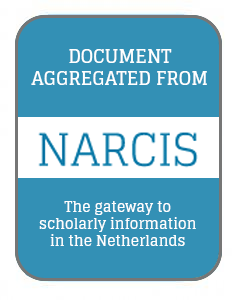The voracious appetites of public versus private property: a view of intellectual property and biodiversity from legal pluralism
In an opening vignette to an otherwise insightful article, Carol M. Rose (2003) comparespeople who hold intellectual property rights to poor villagers in India. They put effort and timeinto developing small but productive properties, only to have the wild tiger or rogue elephant ofthe public domain trample them or eat them up. In extreme cases, IP "villages" are abandonedand left to "the jungle" of public property.





